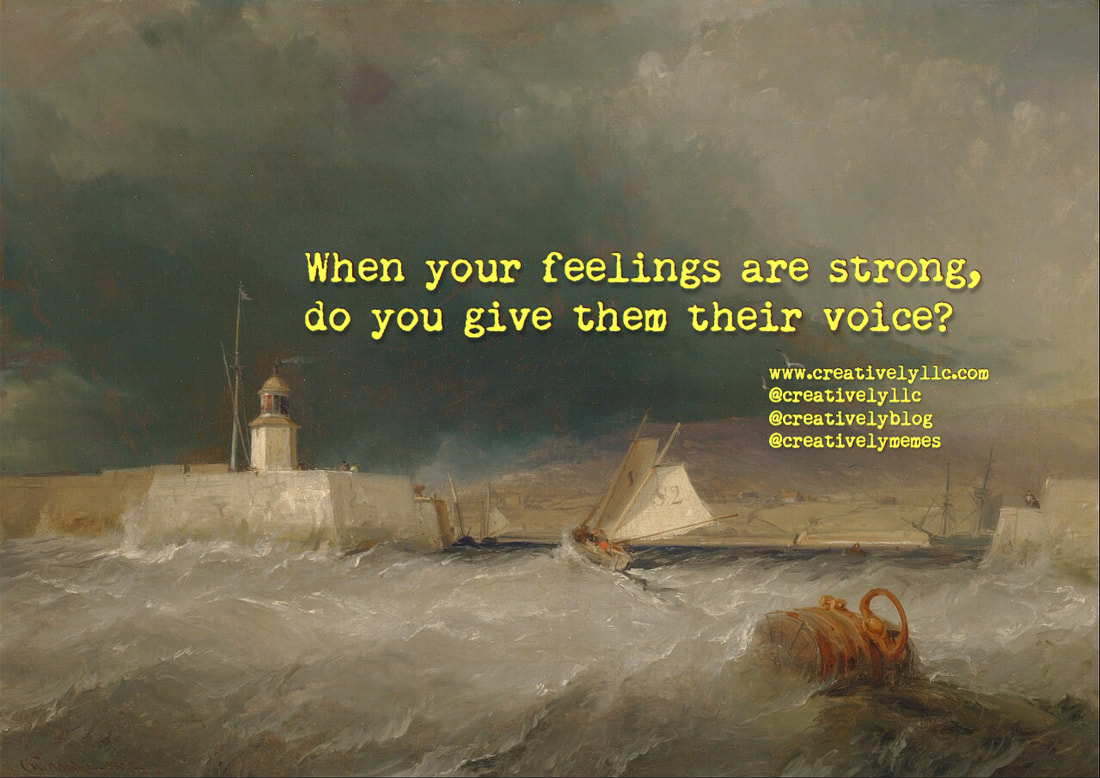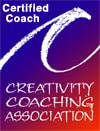|
This week’s post is again inspired by clinical themes I have been seeing this month.
At this point I have published enough yummy articles on my blog that they gorgeously cross reference and complement each other- in this way this topic is related to many others- so when it speaks to you and emotionally connects with you, I encourage you to pull the thread and browse some of the other topics and past blog articles. Today we are going to talk about the psychological concept of distress tolerance. In simple terms, this is our ability to stand still in a certain intensity of stress. I don’t mean change it, avoid it, or do anything with it- simply tolerate it. This underused but powerful skill allows our emotions to communicate their vital messages and naturally dissipate- freeing us to stand empowered in our lives to make better choices for our own happiness. It takes the power from variability and the unexpected and allows us large scale emotional peace and freedom. (I will give you the caveat that if you are in crisis, severe stress or worse, then tolerance is not your course of action. If you are unsure how this topic applies to your levels of stress, give me a call and let’s talk). In several past articles, I have referenced the biological function of emotions to communicate chemical signals and messages between the brain and body. In an ideal biological and natural sense, whenever we have an emotion we would fully express it and allow our brain and body to absorb its lesson (interested in the topic of the biological functioning of various emotions? Browse those past blog posts!) What happens instead is we feel emotions with an intensity we don’t like and avoid or bottle up, we absorb sociological lessons about which emotions we are allowed to express or not (different for males and females traditionally), we lose touch with what are emotions are, what they are telling us or how to feel or express them. This diversion has the unintended consequence of weakening our distress tolerance. What I am saying to you is our sociological adaptation to avoid emotions has weakened our ability to handle stress. This is unfortunately not to our advantage. Think about exercise as a parallel here. What we are doing is avoiding exercise because we don’t like it, which has the unintended consequence of making it harder for us to take the stairs when the elevator is out. Just like we build our muscles by slowly increasing our physical activity, we can regain our ability to tolerate stress by acknowledging and feeling emotions when they happen in smaller ways, and doing nothing else with them. Ultimately what our emotions “want” from us is to be felt without resistance. This allows them to fulfill their function. Emotions, as the communication signals they are, naturally crest and fall. If we don’t feed them, fight them etc, they communicate their signal in whatever intensity, then fall away. If we simply acknowledge and feel them they naturally dissipate. To begin repairing and strengthening your distress tolerance try a version of this exercise: pick precipitating events of small emotional weights and allow the accompanying feelings to crest and fall while you simply experience them and survive. As your distress tolerance builds in strength you begin to experience stronger and stronger stressors without becoming overwhelmed or destabilized. You are free to make choices about action or inaction and how you can better shape the variables in your life. The end consequence we are going for here is (as always) empowerment to create a life that is happy and fulfilling. How strong is your distress tolerance? What are your personal patterns of emotional avoidance? Want to regain control and build towards more peace and happiness in your life? I can help! (C) 2018 Creatively, LLC |
get more from The Creativity CoursesLiking educational topics and knowing what's hot in creativity? Creatively has online courses, with an interactive creative community, coaching sessions and more in the Creativity Courses. Want these blogposts in a newsletter? Subscribe here, and get a free gift. Cindy Cisnerosis a Creativity Coach, Creative Therapist and Professional Artist in Sykesville, Maryland. She is an expert straddling the realms of arts, creativity research, psychology, therapy, and coaching. She provides Online Creativity Counseling in Maryland and Virginia, and Online Creativity Coaching throughout the USA, Canada and the UK tailored for the discerning, imaginative, artistic, and neurodiverse. The information provided in this blog is from my own clinical experiences and training. It is intended to supplement your clinical care. Never make major life changes before consulting with your treatment team. If you are unsure of your safety or wellbeing, do not hesitate to get help immediately.
Archives
July 2024
|
|
Concierge Therapy for Creatives in Maryland
Creativity Coaching Worldwide including the USA, UK and Canada |
Telephone |
|


 RSS Feed
RSS Feed

